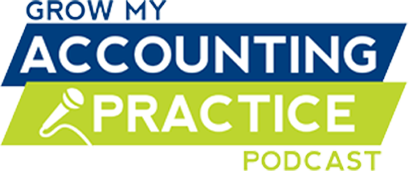Every entrepreneur stumbles sooner or later with the question of what they should be paying themselves. It is a fair question and one that you shouldn’t ask without doing a little fact checking about your business. Once you do that, you will be ready to determine a salary that your business will, most likely, be able to sustain. Believe it or not, choosing what salary to pay yourself is actually must easier than you may think!
The problem with determining what salary to pay yourself is that most entrepreneurs pick a number and say, “I want to make X number of dollars this year.” Then they try to pay themselves accordingly. However, that number was based off of nothing more than wants, rather than needs or what the business can actually eek out each paycheck.
What happens with many entrepreneurs is that they find they are not able to make as much as they had hoped right off, and they start living off the profit. The profit, however, ends up usually being little, or often, nothing at all in the beginning, so they start to skip taking checks all together. In effect, they pay themselves last, which is a big mistake!
I’m sure that you realize just how important it is to pay yourself first. Without doing this, you will have a real difficult time paying your own bills, and quite possibly, keeping the business going. Doing this may have you running back to beg for your cubicle back faster than you can imagine!
So yes, you need to pay yourself first. But the key here is that you need to do it in a specific way. Here’s the best way to determine what you should pay yourself:
1. What you are going to do is take a percentage of the top line revenue. If you are a solo entrepreneur, meaning you have no employees, you will aim to take up to 40 percent.
2. For those businesses that have employees and revenues of up to $1 million, aim to take 20 percent. For example, if your business were bringing in $1 million each year, you would be taking a salary of $200,000.
3. For those businesses that have employees, and a revenue of over $1 million, plan to take 10 to 15 percent.
The key factor here, and what you may be wondering about, is what if you can’t take that amount of the revenue. If you can’t take that amount, then it is clearly a sign that your business needs more efficiencies. This formula is a great way to not only determine how much you should pay yourself, but also whether or not your business needs to be run more efficiently.
If you find yourself falling into one of the three categories above and are unable to take a salary of the suggested percentage, take a close look at your expenses, profit margin, etc. Somewhere along the way, you are not being efficient enough to support your own salary, which needs to be remedied right away.
It is important that you always take your percentage first. If there is not enough money left to pay the bills, you need to become critical of the bills. Find ways to slice the costs and/or to increase the efficiencies.
Being able to determine your own salary is one of the perks of being an entrepreneur and one of the reasons you may have become one. But getting it right is crucial so that you make sure you get paid and the business runs smoothly. Following this will help you stay within a realistic salary that your business can survive with, as well as helping to keep your expenses in check!











Hi Mike,
Great article!
But are you talking about talking 20% out of revenues or incomes?
Because many companies have successful business models selling products with less than 20% sales margins, so if owner takes 20% it means eating 100% of profit, efficiency has no effect.